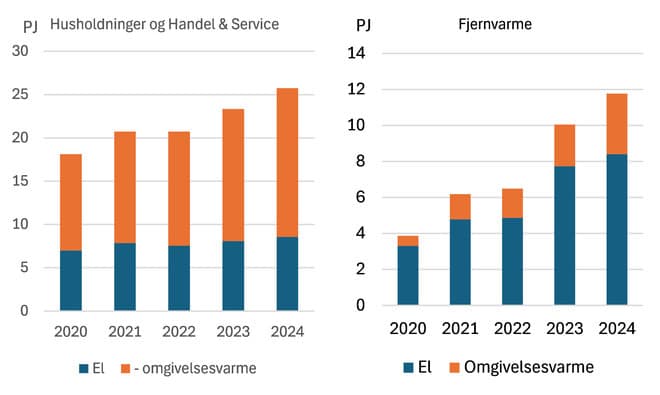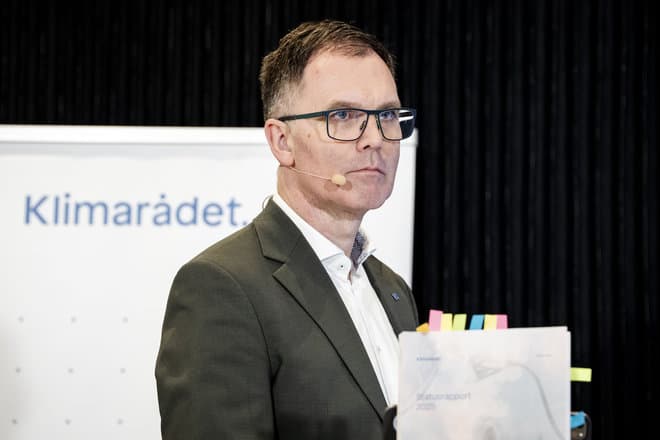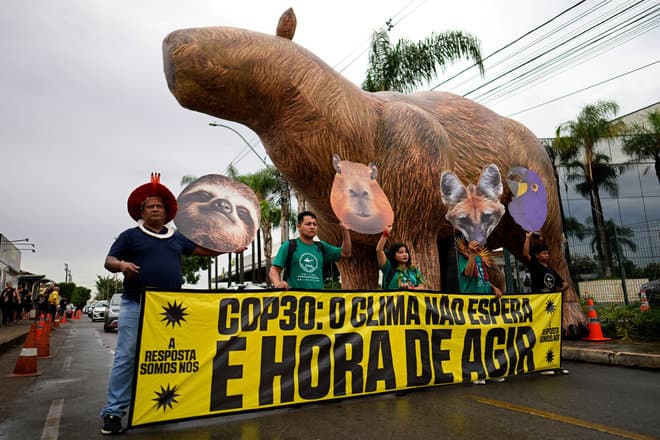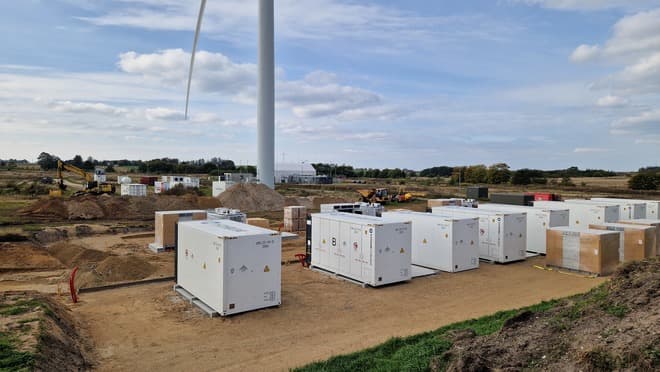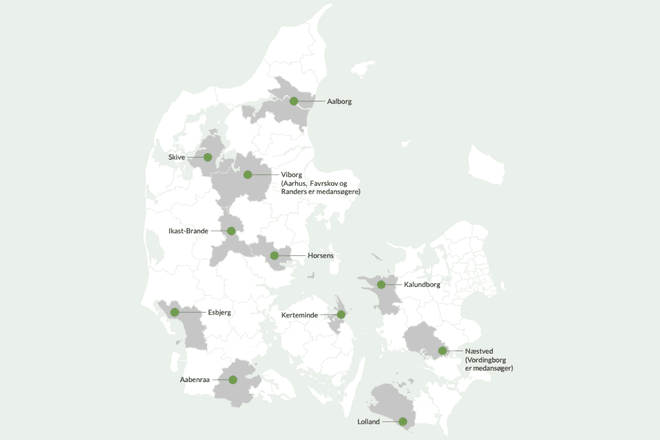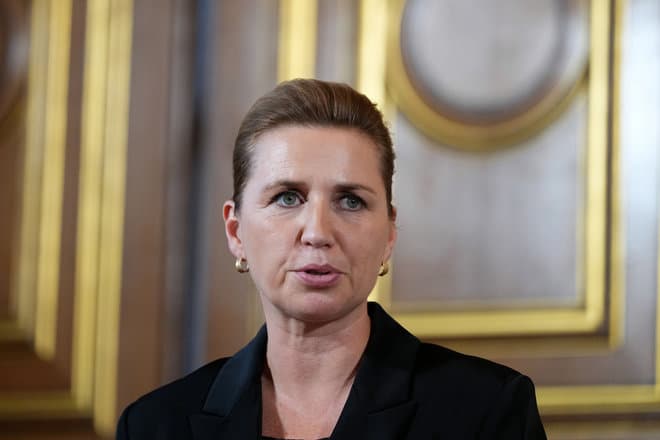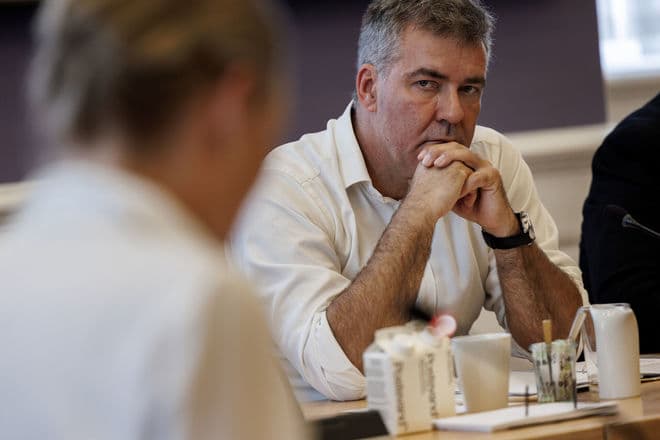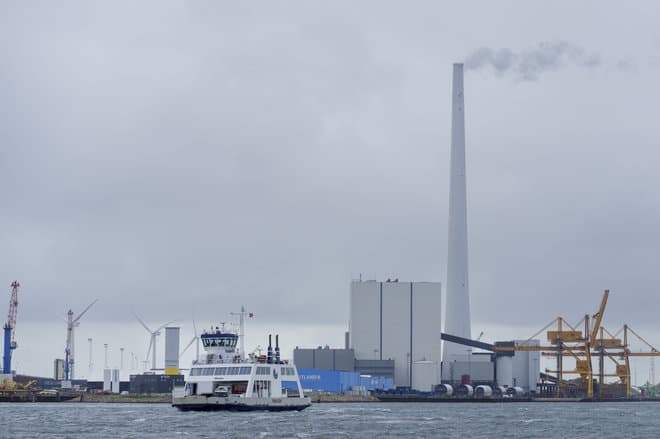
There is some progress to be made in the global fight against climate change. But it is nowhere near enough to meet the goal of the Paris Agreement, which the majority of the world's countries committed to in 2015. This is shown by a new report from the UN Environment Programme, Unep.
The report focuses on global greenhouse gas emissions and countries' plans to reduce them. With existing policies, the temperature will be 2.8 degrees higher by the end of this century than before industrialization, when we started burning coal and oil. If all countries live up to their climate pledges, the temperature increase will be 2.3-2.5 degrees.
The goal of the Paris Agreement is 2.0 degrees and preferably 1.5 degrees to avoid the worst consequences of climate change. The 2.8 degrees is slightly better than the 3.1 degrees that was the assessment in last year's report.
However, it is noted that 0.1 degrees is due to new methods of calculating it, while 0.1 degrees of the improvement will disappear again when the United States withdraws from the Paris Agreement in January.
In other words, the effect that updated climate policies have had on the improvement is very limited.
UNEP Director: Climate action is urgent
The report is yet another reminder that it is "very urgent" to step up efforts against climate change. This is according to Anne Olhoff, acting director of the Unep Copenhagen Climate Center and scientific editor of the report.
- If we look at the level of current emissions, for every five years that we keep climate action at this level or postpone it, the global average temperature will increase by 0.1 degrees.
- The more we postpone, the higher the temperature will rise, the more difficult it will be to subsequently try to bring the temperature increase down again, she says.
Anne Olhoff also highlights that the report says for the first time that the world - probably within the next decade - will exceed 1.5 degrees in a long-term temperature average.
According to Unep, the task is to ensure that the limit is only exceeded temporarily and as little as possible. The report also takes stock of the new climate pledges that the world's countries have submitted ahead of the UN climate summit COP30, which begins next week in Brazil.
60 of the almost 200 countries that are part of the Paris Agreement had submitted new targets for what the countries are committed to delivering in terms of reductions by 2035 before the deadline of September 30. If the pledges are fulfilled, the planet will be 2.3-2.5 degrees warmer by the end of this century. This is an improvement from 2.6-2.8 degrees, which was the assessment in last year's report.
In the most optimistic scenario, which includes the implementation of all targets and that all net-zero pledges are also fulfilled, the temperature increase will be 1.9 degrees.
Net-zero does not mean that we do not emit greenhouse gases into the atmosphere at all, but that the remaining emissions are offset by negative emissions. For example, it is captured and stored underground.
/ritzau/
Text, graphics, images, sound, and other content on this website are protected under copyright law. DK Medier reserves all rights to the content, including the right to exploit the content for the purpose of text and data mining, cf. Section 11b of the Copyright Act and Article 4 of the DSM Directive.
Customers with IP agreements/major customer agreements may only share Danish Offshore Industry articles internally for the purpose of handling specific cases. Sharing in connection with specific cases refers to journaling, archiving, or similar uses.
Customers with a personal subscription/login may not share Danish Offshore Industry articles with individuals who do not themselves have a personal subscription to Danish Offshore Industry.
Any deviation from the above requires written consent from DK Medier.



